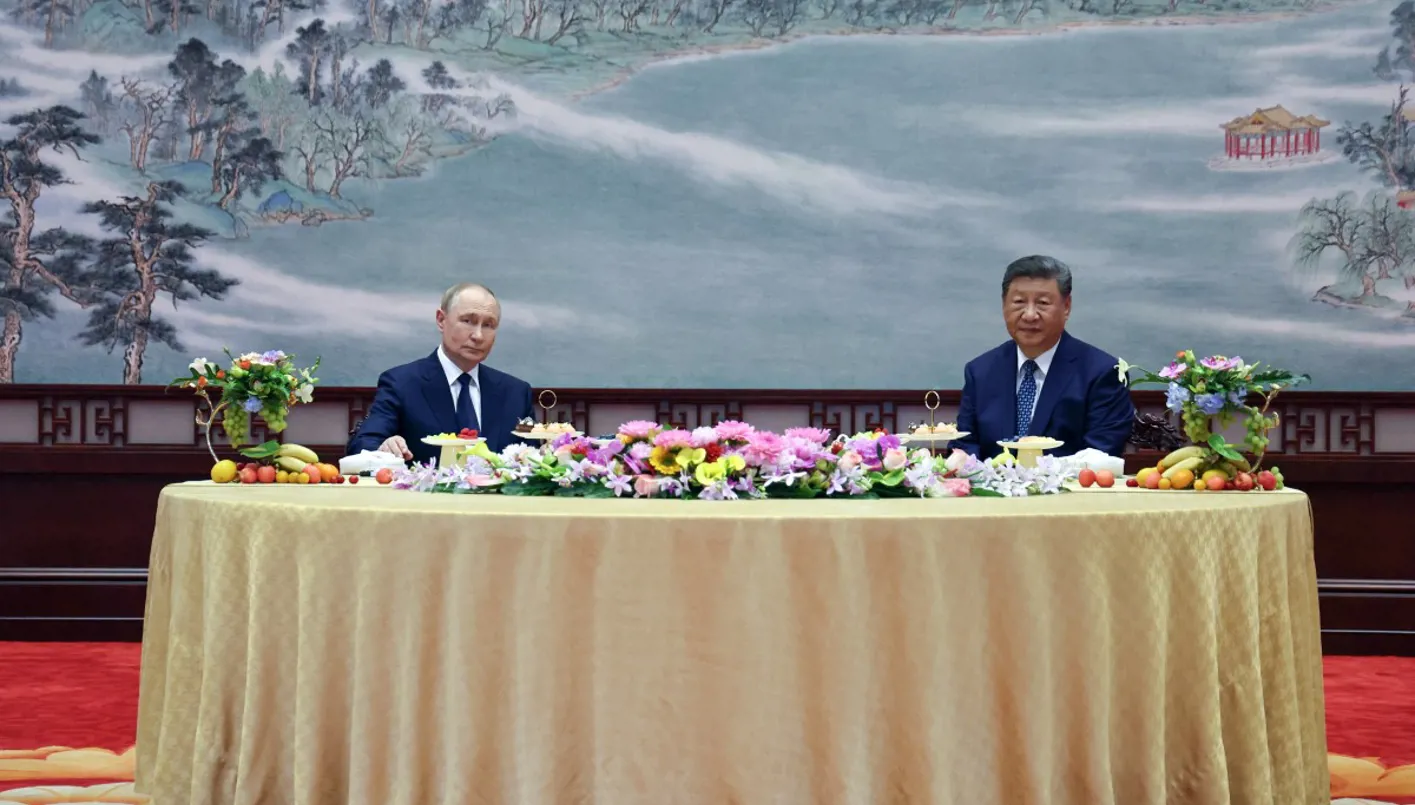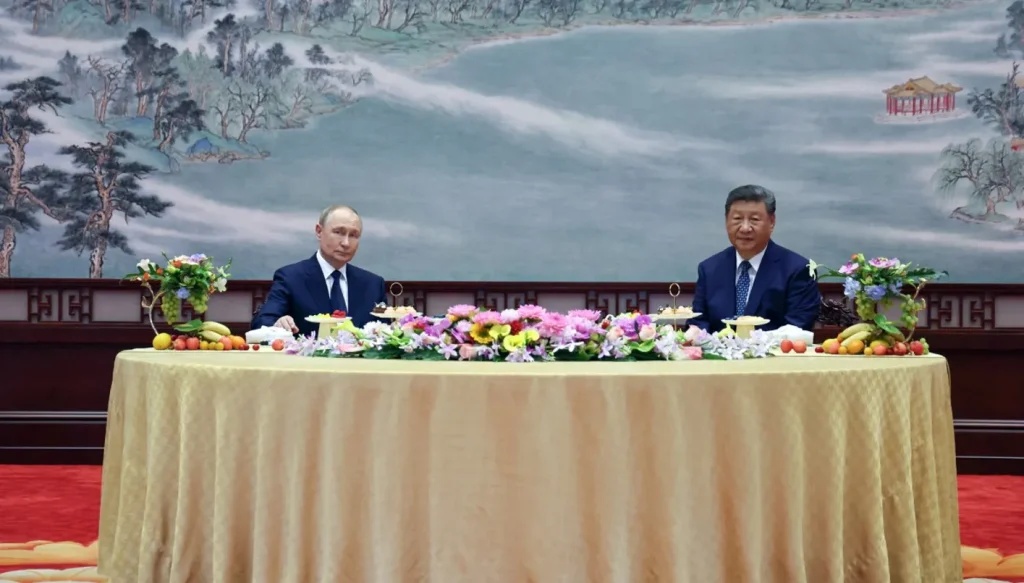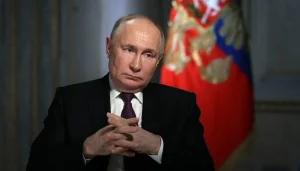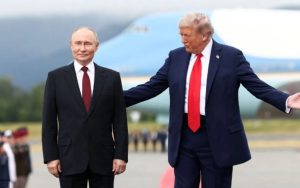The expansion of the China-Russia partnership during the Shanghai Cooperation Summit, and Russian President Vladimir Putin’s attendance at the military parade in Beijing, have unsettled the Western community, especially Europe. They symbolize the strengthening ties between two Eastern powers supported by countries opposing or currently not aligned with U.S. policies, such as India, Iran, and Turkey. However, the hidden competition between the Chinese dragon and the Russian bear should not be overlooked.
The fields of competition are broad but stem from a clear principle: Chinese expansion versus Russian decline. The Ukraine war and its repercussions on Russia have accelerated China’s leadership in the Eastern world. Moscow is burdened by sanctions and nearly isolated from the West, affecting its global economic position and international influence, while Beijing has seized this opportunity to expand in multiple arenas.
Central Asia, once part of the Soviet Union, may be the most affected arena in the internal competition between China and Russia. Tajikistan and Kyrgyzstan, once considered Russia’s “backyard” and political, security, and vital spheres of influence, have seen Chinese policy advance through expansion and transport infrastructure, while Russian presence has declined due to its focus on Ukraine.
Foreign affairs analyst and Eastern Europe and Russia specialist Ulrich Baumann discusses the China-Russia competition in Central Asia in an interview with “An-Nahar,” adding Africa as another arena where China is active economically and even militarily, inheriting Russia’s position and prospecting for natural resources to invest in as part of its global expansion and supply lines.
Notably, Chinese expansion is not limited to Russia’s external spheres of influence but also affects its adjacent eastern parts, rich in natural resources. Baumann reveals a “trend” of Chinese capital, investors, and even workers moving into Russia’s interior, especially Siberia, a movement that worries Russia about Chinese expansion and influence within its borders.
Military competition is also a field between the two. The Chinese military parade in Beijing is the most advanced, and China is now actively present in the global arms market, after Russia’s previous dominance. Baumann points to China’s advancements in missiles, drones, and nuclear capabilities, and reports attempts by China to spy on Russian military industries and steal their technologies.
Chinese expansion into Russian spheres of influence is a realistic outcome of recent changes. Economic pressure on Russia has limited its energy export options, its main source of income, making China the primary buyer. Moscow’s dependence on Beijing has increased, while China has sought to diversify its options and not rely on a single source, weakening Russia and strengthening China, according to Baumann.
This reality has placed China ahead in the competition and positioned it as the leader of the Eastern bloc opposing the United States and the West, due to its economic strength, which no longer compares to Russian capabilities and its expanding influence. However, Baumann emphasizes an important point: China does not portray Russia as “weaker,” and Putin always implies in his statements that his country is a global power playing a pivotal role.














Recommended for you
Exhibition City Completes About 80% of Preparations for the Damascus International Fair Launch
Unified Admission Applications Start Tuesday with 640 Students to be Accepted in Medicine
Talib Al-Rifai Chronicles Kuwaiti Art Heritage in "Doukhi.. Tasaseem Al-Saba"
Al-Jaghbeer: The Industrial Sector Leads Economic Growth
Ministry of Media Announces the 10th Edition of 'Media Oasis'
Afghan Energy and Water Minister to Al Jazeera: We Build Dams with Our Own Funds to Combat Drought